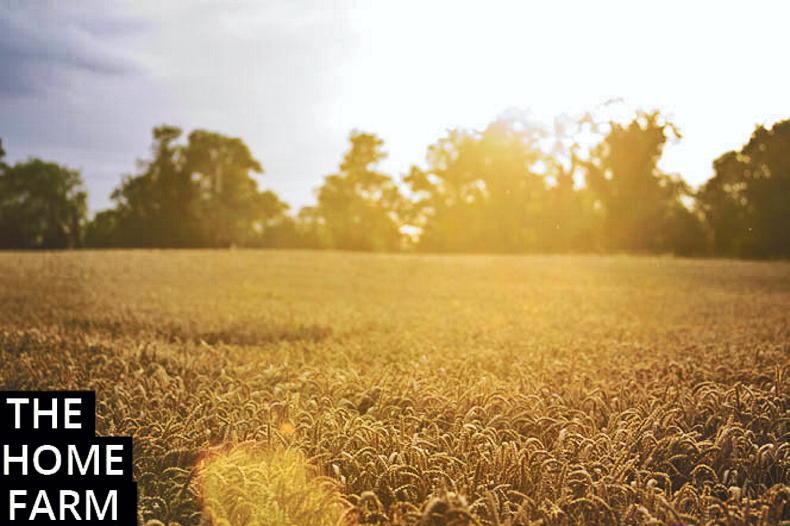We are well into the second half of February without a blade of grass grazed or a hundred weight of fertiliser spread.
Luckily we got some slurry spread during the few dry days some weeks ago, but since then land has softened, ditch water levels have risen and the time for getting essential spring work done is slipping by.
This time last year we were saving silage every day as the stores grazed by day and came in for their evening feed.
This year, after a smaller than usual yield of silage which was also of lower quality than normal, we are supplementing the diminishing stock of silage with distillers and brewers grains, as well as bought in rolled barley.
We have used up the barley we kept over from the harvest, so every day in the shed is money out and a diminishing pit of silage.
We are continuing to sell the beef cattle as they become fit, but the steady price rise we would expect at this time of the year seems to be replaced with fears of an actual reduction.
The spring trade has a long way to go: the only policy we can follow is to replace each load of cattle sold with a load of young stores.
On the tillage side, with the recent persistent rain we have not even attempted to plough.
We have ordered the seed for the beans, but as regards the small amount of wheat we have left to sow, we are resigned to sow it on the basis that unless we get some extraordinary weather, we will cut it for arable silage rather than grain.
However, the crops that have been sown look better than we expected.
Oilseed rape
Even the oilseed rape, despite not getting any nitrogen as yet, has thickened up and despite significant large bare patches in the fields, there is a reasonable plant population that will hopefully grow away from the bird damage that is so visible in the small plants.
The wheat has also emerged fairly evenly, though with the mild wet weather the volunteer beans from last year’s crop are taller and denser than the seed wheat that is meant to be the main crop.
We have been able to control volunteer beans well in the past, so I presume we will be able to do the same this year despite them being more forward and dominant than I would like.






 This is a subscriber-only article
This is a subscriber-only article










SHARING OPTIONS: